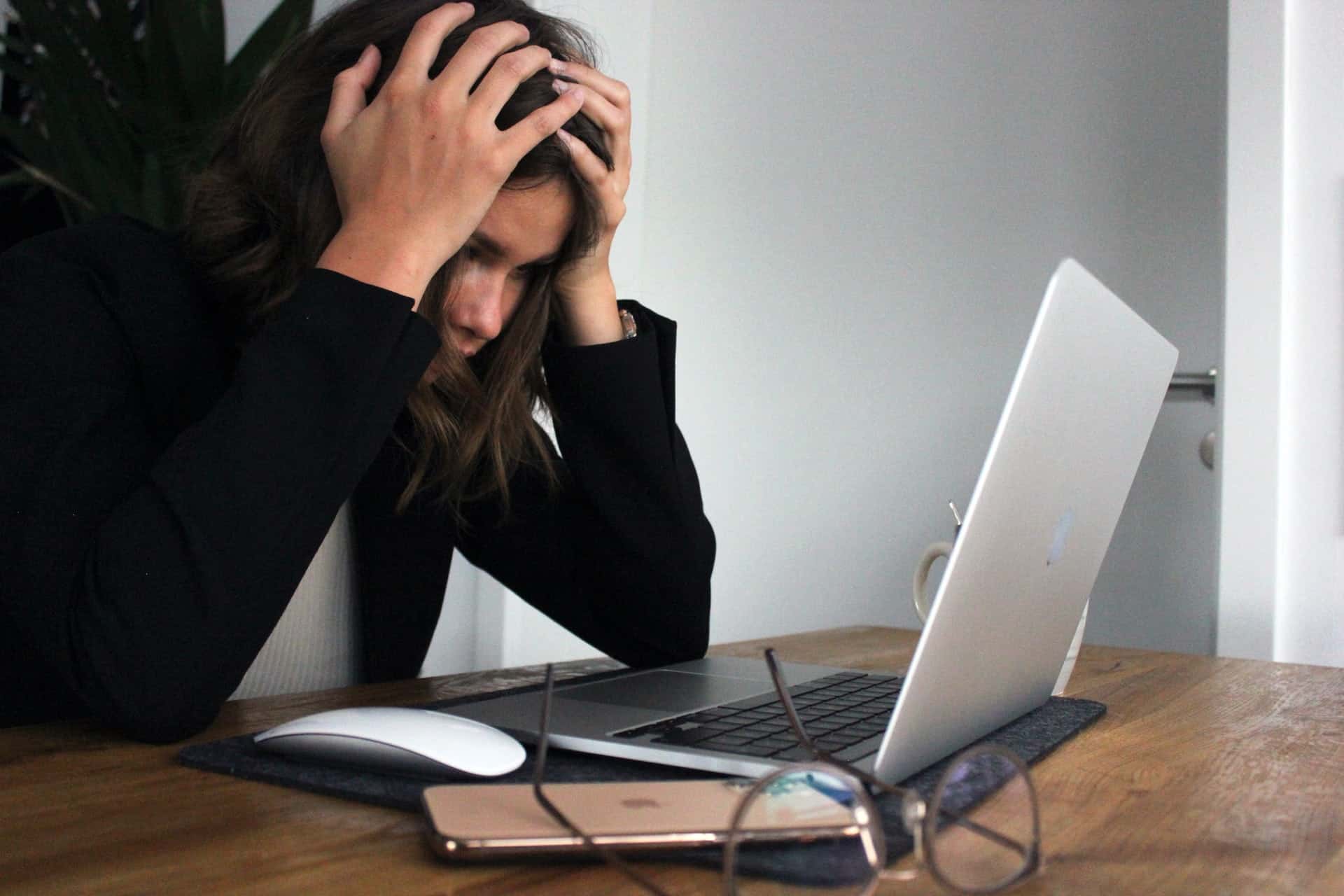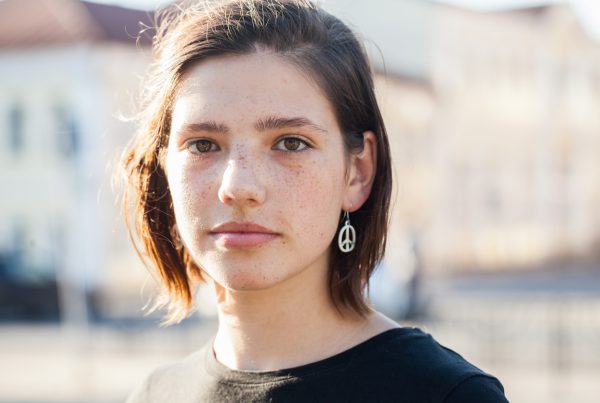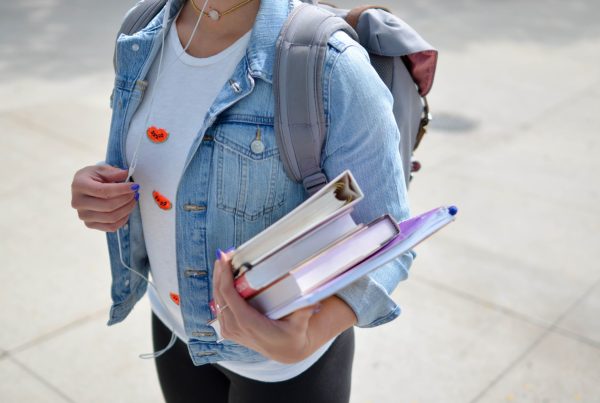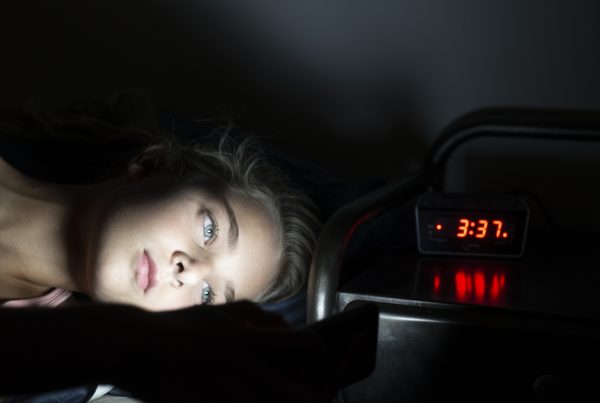Social anxiety issues tend to peak during the holidays, alongside other metrics of stress, for a majority of Americans.
While culturally, the holidays are all about family and making a good cheer, the reality is that different factors heavily contribute to increased unease and tension in the last weeks of the year – from tumultuous family behavior to economic unease, poor weather, weather-related travel delays, increased road accidents, and most recently, a new wave of pandemic cases.
But for teens with social anxiety, the holidays also mean frequent get-togethers and more social contact than usual. It can mean Christmas parties, dinners with extended family members, and holiday drinking. It means catching up, talking about oneself, and being in a metaphorical spotlight. Understanding how social anxiety works can help us better understand why the holidays are a huge trigger for many teens and adults struggling with social unease.
What is Social Anxiety?
Most people have a mild fear of being on stage or being the center of attention in a negative way. Many people, even among extroverts, might struggle to fit into an unknown environment or feel immediately comfortable in a new social setting.
But social anxiety in the psychiatric sense describes a disorder wherein a person displays an irrational fear of public and social interaction, on the opposite spectrum of the everyday extrovert. Socially anxious people are more than just introverted – they become uncomfortable around new people, feel physically uneasy in crowds or within large groups, and are constantly worried about other people’s perceptions of themselves. Common social anxiety fears include:
- Fearing activities around other people, especially eating, sports participation, or public speaking.
- Fearing interaction with other people, with particular discomfort towards self-expression and intimate situations.
- Fearing physical contact with others, being worried about blushing and sweating, being too clammy, being shaky, breathing too hard or too fast, struggling with hyperventilation, heart palpitations, and lightheadedness.
- Fearing judgment from others for no particular reason, making up potential scenarios where things go wrong, playing past mistakes or potential mistakes in the mind, strongly fearing embarrassment as though it were inevitable.
Signs of social anxiety differ from person to person, based on certain personality traits, the severity of the problem, and the situation they find themselves. It’s important to know that social anxiety symptoms are not just mental, but also physical. Social anxiety can lead to excessive sweating and shallow, rapid breathing, nausea, and panic attacks.
Teens with social anxiety will behave awkwardly, struggling to make eye contact, will be largely passive (not interacting with others willingly), and are much more likely to turn to substances to help act as a “social lubricant”.
Because the holidays are usually punctuated by more social gatherings and meetings with others than any other period of the year, beginning with the arrival of the Thanksgiving season, teens who struggle with social anxiety will feel more stressed out and may struggle to concentrate on their work or studies, function normally, or deal with their thoughts. They may be more likely to use substances, self-isolate and avoid all contact, or become emotionally distanced from others.
Helping a teen cope with these issues is crucial, especially at this time of year. Effective coping mechanisms for social anxiety differ from teen to teen, but here are a few common and important tenets.
Effective Ways to Cope with Social Anxiety
Goal setting is an important part of learning to cope with social anxieties. Coping strategies exist not to turn an anxious teen into a social butterfly, but to help them reduce the level of anxiety they feel on an everyday basis, especially in social situations. Naturally introverted teens may still prefer to keep to themselves and might not always open up to strangers on first meetings.
But through coping exercises, they can learn to accept that behavior, understand that others aren’t out to judge them at first glance, can handle silences in conversations, and know that they can’t be friends with everyone – and that they don’t have to be.
When coping with anxiety during the holidays, it helps to focus on harm reduction rather than trying to be someone you might not be.
Set Healthy Boundaries
One of the most important lessons when coping with social anxiety is setting healthy boundaries. It is not healthy to coop up in your room all day, every day. But for an introvert, it is similarly not healthy to give way to everyone else’s desires for you to spend time around others, and have little to no time to yourself.
Teens struggling with social anxiety tend to need more time to themselves, to reflect, rest, and recuperate. Because the holidays are punctuated by so many social events, it’s important to strike a balance between enjoying your own company and spending time with friends, family, and new people.
Keep a Realistic Schedule
For teens who struggle with different mental health issues, especially anxiety, depression, or ADHD, the loss of structure is one of the most severe blows to their mental health over the holidays.
Having a defined day-to-day schedule can help build consistency in a teen’s mind, keep thoughts from spiraling out of control, and will help them manage both their mood and their thoughts.
But with the holidays comes a laxer approach to planning – long nights, late hours, waking up midday, eating at odd times, overeating, and overdrinking can all lead to a cascade of mood issues for teens who are used to the structure and balance that comes with a healthy schedule.
Even while school is out and other concessions are made, it’s important to support your teen in building a daily schedule that helps them continue to cope with intrusive or unwanted thoughts and worries. Substituting classes or extracurricular activities for hobbies and exercise can be a good first step.
Hands Off the Eggnog
Casual teenage drinking is a coming-of-age rite of passage, but it can be particularly destructive for teens struggling with anxiety. Social anxiety in particular can make it easier for teens to feel dependent on substances as they help them deal with their worries, push their thoughts into the background, and fight back against their inhibitions.
But these perks are short-lived and come with the downsides of early drinking, including increased anxiety in the long term, a higher risk of dependency, risk-taking, and cognitive decline.
Talk With a Professional
Shyness and introversion are normal personality traits, and while we can learn to become more assertive and comfortable in social settings, we shouldn’t necessarily strive to become radically different from who we are.
But social anxiety is something else and can be destructive for a person’s chances in adulthood. Seeking professional help early on can ensure that your teen develops the kind of coping tools necessary to face the stressors of adult life, and exercise mastery over their negative thoughts. Consider getting help today.








